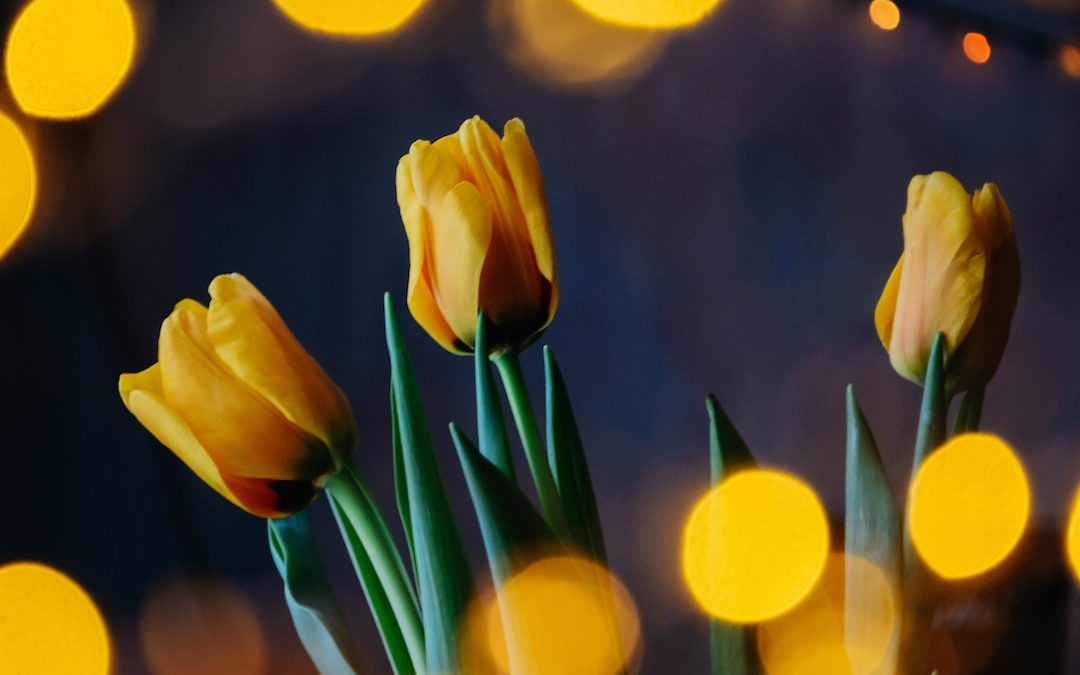A few months ago, my boys and I finished reading Roald Dahl’s Matilda. I had never read it before, so I was just as excited to reach that magical hour of stories as my children were, to see what Matilda would do next.
One of my boys’ favorite parts of the book was when Matilda slipped a newt into her principal’s drink—to get her back for being unkind to children all the time.
A newt is a semi-aquatic amphibian—it can live on land and in water. It adjusts to its surroundings and becomes what it needs to become in order to belong. The newt provided a stark contrast to Matilda, who did not blend in to her surroundings at all but was something of a rebel.
After we finished the book, I thought for a long time about this concept of becoming who we feel we need to become in order to fit in. I thought about the climate of the world and how there are lines everywhere, and if you’re not on one side or another, you’ll get torn apart—and also, if you’re on one side rather than another, you’ll get torn apart, too. We are unsafe everywhere, it seems.
Human nature begs to belong. It is wired into our brains and hearts. But it appears there is nowhere to belong in a place so polarized and disjointed.
My husband and I recently read Braving the Wilderness, by Brené Brown. One of the main themes of the book was the importance of belonging to ourselves.
Here’s what Brown says about it:
“Belonging to ourselves means being called to stand alone—to brave the wilderness of uncertainty, vulnerability, and criticism…
“Belonging so fully to yourself that you’re willing to stand alone is a wilderness—an untamed, unpredictable place of solitude and searching…
“True belonging is the spiritual practice of believing in and belonging to yourself so deeply that you can share your most authentic self with the world and find sacredness in both being a part of something and standing alone in the wilderness. True belonging doesn’t require you to change who you are; it requires you to be who you are.”
Sometimes belonging to ourselves means we’ll have to go out into the wilderness where it feels like we’re all alone; everyone else has jumped on a bandwagon of some kind or another. Sometimes it means we’ll have to step into the role of rebel and speak our mind, knowing that what we have to say won’t be popular. Sometimes belonging to ourselves demands more than we can give.
I often step into this wilderness—not perfectly. I look more like a colt who has just been born, just found her legs, just wobbled to her feet and begun to run because the only alternative is falling. It is not without fear that I walk into the wilderness—but something compels me. I must be who I am, which means I must do what must be done, which means I must brave the judgment, the criticism, the sometimes ugly face of disgust and vehement disagreement.
I must.
Many of my fiction stories examine people on the margins. I write about homeless children, about kids who grow up poor, about bullies and the bullied, about the mentally ill and vulnerable. I write about them, because their stories, like all our stories, deserve to be told. It is not always popular or easy. But it is what I must do, to be my authentic self.
It is not without great fear that I step off the path of least resistance. But courage is not the absence of fear. It is living with fear, embracing that fear, carrying it with you as you put one foot in front of the other.
May you be brave, bold, and steadfast in your journey to belong to yourself.
(Photo by Irina Kostenich on Unsplash)


